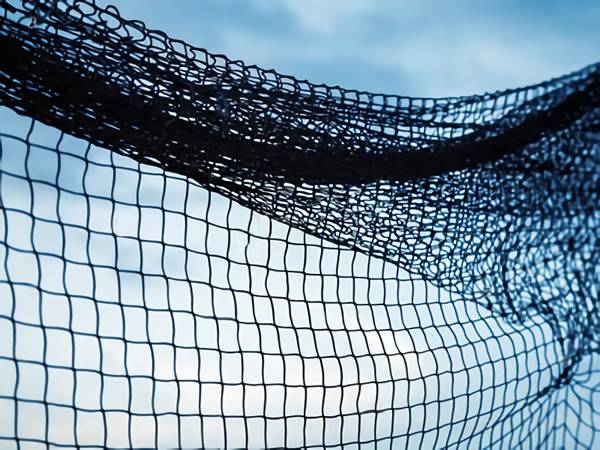A FEW ISSUES AGO, F&H; News columnist George Kramer’s article on professional bass fishing caught my eye. His well-intended and right-on-the-money views got my attention and forced me to think. Is pro bass-type fishing dead in the Golden State? I think not.
What has died is the overall fairness to all participants of the once-popular sport. Without a chance of winning or even being competitive, die-hard fish-for-the-money anglers are quitting by leaps and bounds. They can’t be blamed, and there are lots of reasons.
A new breed of pro bass fishermen has developed: the live-on-the-lake local. Therein lies the problem. For example, I hate the thought of fishing the Delta. It’s not that I can’t catch fish there, but I can’t see spending the time and money flipping against Dee Thomas or Skeet Reese. How in the world can I effectively compete against their years of experience on their home pond? I can’t, and neither can the vast majority of fishermen dying to catch a check and the validation for their time and money spent.
Look at Gary Dobyns. Here’s a world-class bass fisherman that’s won a helluva lot of boats and money on the tourney trail. How can I expect to compete against him at Oroville or Shasta? Shasta’s twelve hours away from my home and Oroville’s seven. He can beat me with a cane pole and string just by showing up.
I guess what I’m trying to say is that professional bass fishing isn’t dead, it just needs some kind of revamping. Radical changes have to be made if the sport is to continue, and I have a few ideas, even if they are off the deep end.
My friend Ken Barnes holds a ton of world skeet shooting records, some that will never be broken. At one time, it was practically a given that he would win or score well at any shoot he attended. But contrary to pro bass fishing, skeet shooting didn’t die and go away. The popular sport continues to grow, even with the likes of Ken and a handful of other dominating shooters ruling the ranks. Why is that? And what does skeet have to do with pro bass angling?
Skeet continues to grow because someone had the foresight to introduce fairness into the game. This fairness is called handicapping, and it works. It allows shooters of lesser skills to compete against others of their own skill level. Triple A shooters never shoot against B class, and C class shooters never have to worry about taking on B class until their skill level is determined to be of that caliber. This program has worked for skeet, and even bowling, so why can’t it be implemented into bass fishing?
I’m a decent wing shot on wild game, but the mechanics of Ken’s shooting at clay targets is a thing of beauty. I simply can’t compete against this man at his own game, on his own turf, just like I can’t compete against the Dee Thomases, Skeet Reeses or Gary Dobyns of the world.
Handicapping can work for bass fishing, and our heroes will still be heroes. And we can still compete and have fun, which this is all about. Revolutionary? You bet, but something is going to have to change or else professional bass fishing really will be dead in California.







 BE PREPARED FOR TANGLE OVE TANGLE NETS
BE PREPARED FOR TANGLE OVE TANGLE NETS